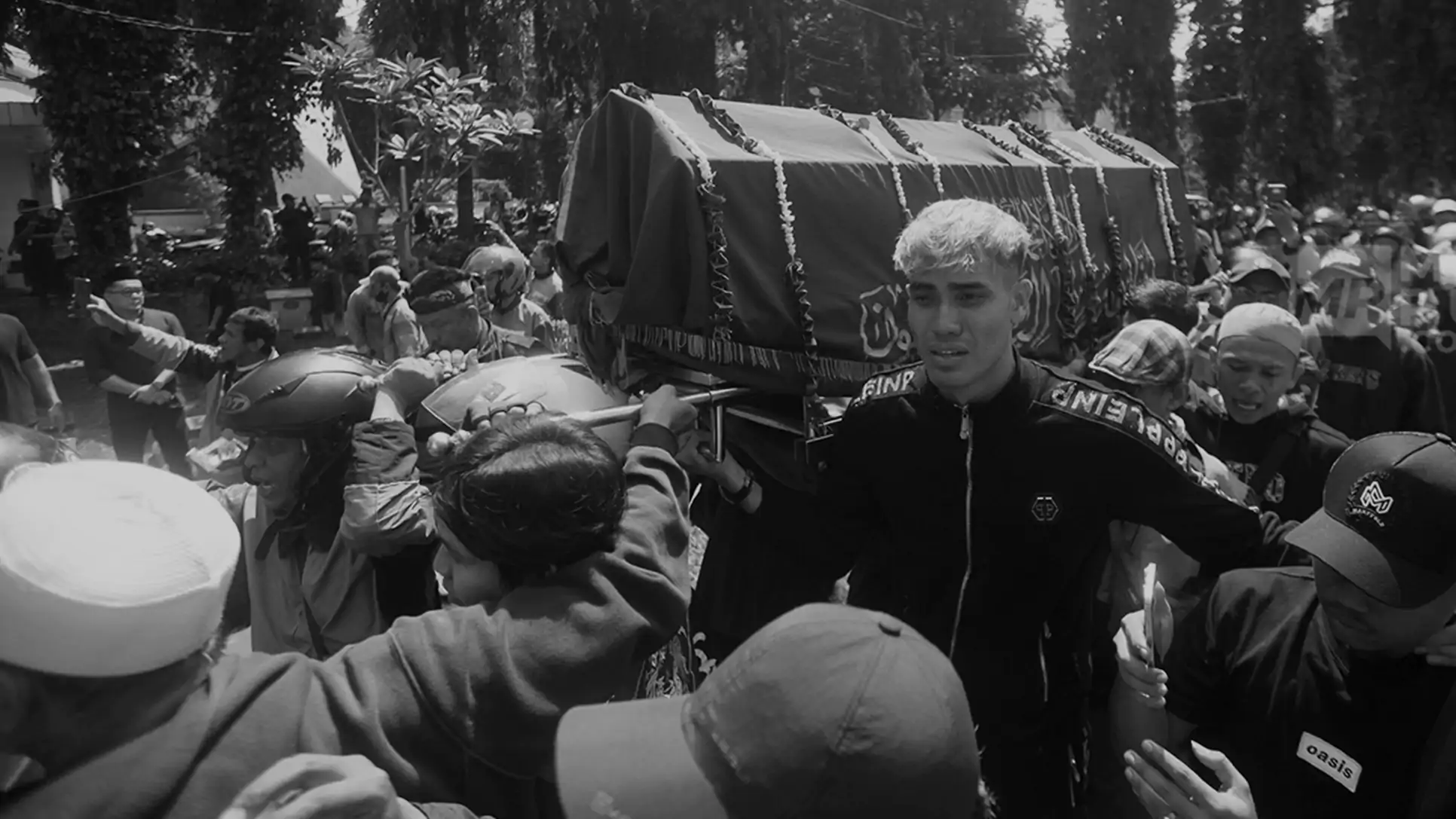Bethesda Softworks, the studio known for sprawling RPGs like Skyrim and Fallout, found itself at the center of an unexpected cultural debate.
A short clip from The Order of Giants, the first downloadable content (DLC) for Indiana Jones and the Great Circle game was posted on social media, and was then quietly pulled after it sparked a wave of commentary online.
Fans and critics quickly connected the phrasing to political commentator Charlie Kirk, turning a seemingly small in-game moment into a wider conversation about intent, interpretation, and censorship in gaming.
What was probably mean to just showcase a clip of the game, spiraled into an online debate, and questions about Bethesda's true intention.
Was it really about Indiana Jones, or something to mock Charlie Kirk?
Regardless, things are connected more than they seem.
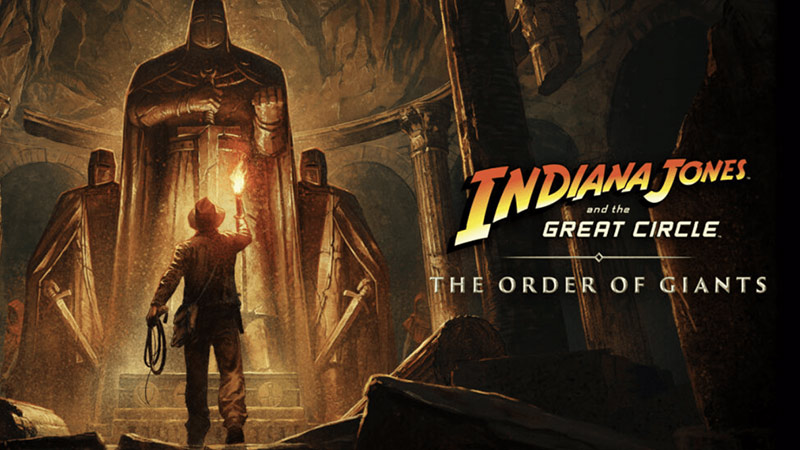
Dr. Henry “Indiana” Jones, Jr., first introduced in 1981 in Raiders of the Lost Ark, is the quintessential adventurer-scholar.
By day, he is a professor of archaeology, steeped in history and knowledge; by night, he transforms into a globe-trotting treasure hunter, navigating booby-trapped ruins, deciphering ancient puzzles, and confronting dangerous foes. Resourceful, morally guided, and often sarcastic, Indy balances intellect with physical bravery, making him both capable and relatable.
Created by George Lucas and Steven Spielberg, his trademark fedora, whip, and leather jacket have become iconic symbols of his adventurous spirit.
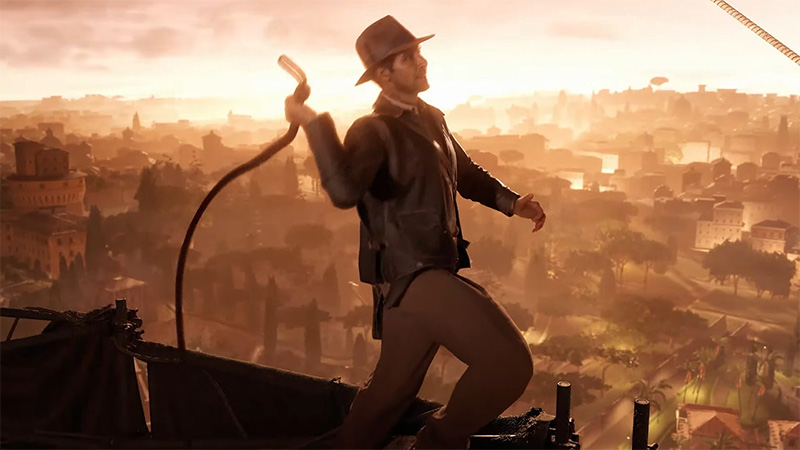
Beyond his physical heroics, Indy is defined by curiosity and intellect, demonstrating that true courage is as much about knowledge and moral conviction as daring action.
He possesses human flaws, like fear, stubbornness, and occasional recklessness, which make him enduring and relatable across generations. He embodies a classic hero archetype: someone who fights for justice and preserves human history.
Living in the 1930s and 1940s, he often reflects ideals akin to post-war liberal humanism, embracing freedom, individual rights, and anti-authoritarian principles, all of which contribute to his lasting cultural relevance.
Most famously, he consistently opposes tyranny and oppression, particularly expressed through his battles against Nazis, establishing him as a symbol of anti-fascist heroism.
Indiana’s motivations reflect a philosophy of preservation over exploitation.
He seeks to protect artifacts from misuse rather than personal profit, though he is pragmatic enough to bend the rules when necessary. He frequently clashes with governments, institutions, and bureaucrats depicted as slow, greedy, or corrupt. His pursuit of truth and dedication to history, knowledge, and discovery often place him in great personal danger.
This is the key aspect of what makes him a compelling and morally grounded character.
It is against this backdrop that Bethesda’s clip gained attention.
In the scene, presented in a first-person perspective, Indy kneels to pet a cat and remarks, “You don’t care much about these fascists, do you?”
The moment, intended as lighthearted, landed at a sensitive cultural intersection.
The clip comes from a DLC for Indiana Jones and the Great Circle, the action-adventure game, first released in December 2024.
The game is set in 1937, bridges the events of Raiders of the Lost Ark and The Last Crusade. The game emphasizes stealth, puzzle-solving, and exploration, blending first-person gameplay with third-person platforming sequences.
Players follow Indy as he investigates a stolen cat mummy, eventually traveling to the Vatican under Mussolini’s regime.
There, he teams up with reporter Gina Lombardi to thwart Nazi archaeologist Emmerich Voss, who seeks to exploit the Great Circle’s secrets. The story spans real-world locations including the Vatican, Giza, the Himalayas, Shanghai, and Sukhothai, each providing unique challenges.
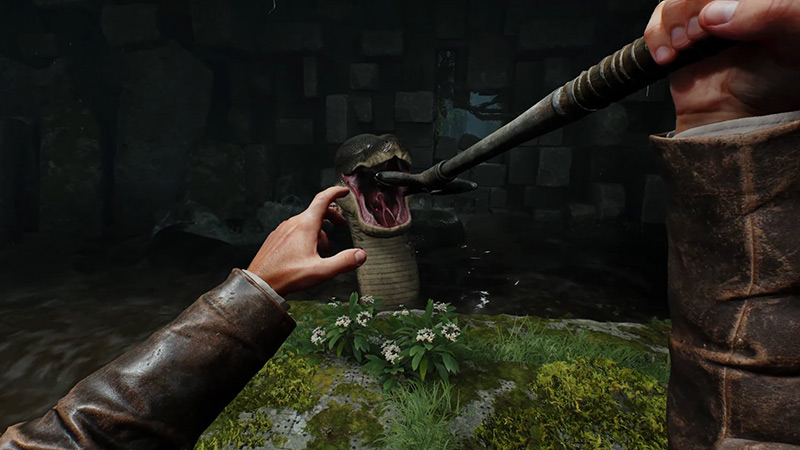
The game has been praised for immersive storytelling, atmospheric design, and its faithful capture of the franchise’s adventurous spirit.
The DLC in question, The Order of Giants, released in September 2025, expands the storyline with new puzzles, enemies, and historical lore, including the infamous good kitty "fascist" scene.
The timing of the clip’s release collided with heightened political tensions.
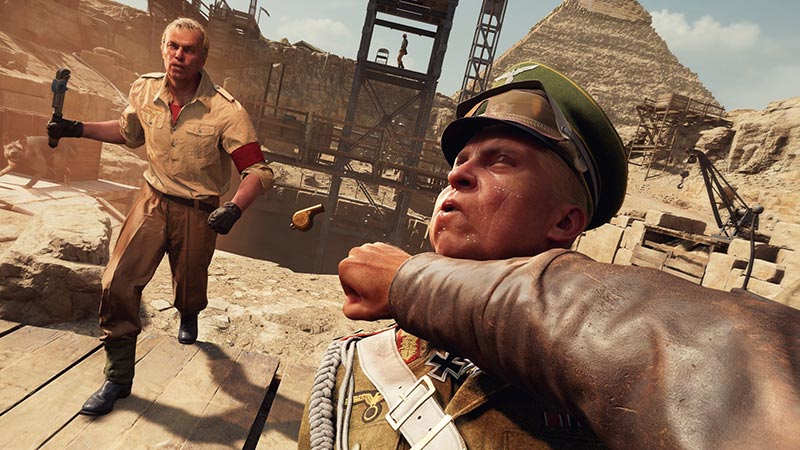
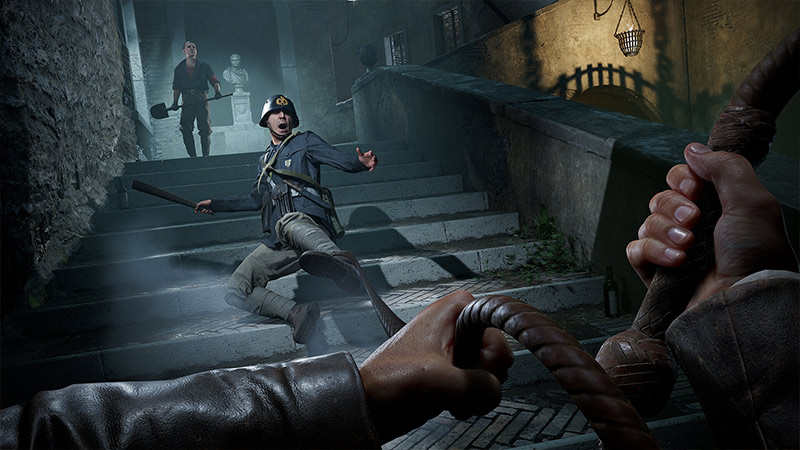
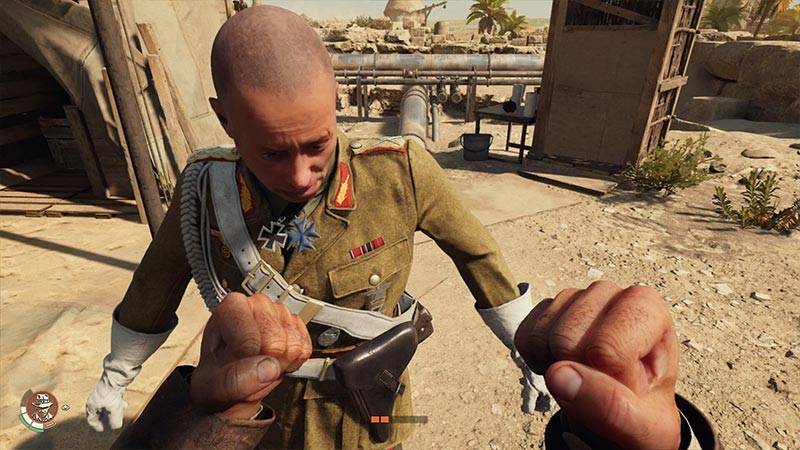
Charlie Kirk, founder of Turning Point USA and a polarizing figure in U.S. politics, had recently become a flashpoint following his tragic death on September 10, 2025.
Kirk’s controversial views on abortion, election integrity, LGBTQ+ issues, and gun rights had already drawn widespread attention, and his passing intensified online debates. While Indiana Jones is never a party-political figure, his stories consistently depict anti-fascism, skepticism of unchecked power, and respect for humanist values.
So while Indy's character remains true to his roots, the release of the clip during the heated atmosphere surrounding Kirk, made that playful line about “fascists” quickly reframed.
The company swiftly removed the clip.
This illustrates the delicate balance Bethesda must strike between storytelling, historical context, and public perception. Even a line that might read as harmless in-game dialogue can be reframed through current political lenses, especially when tied to a polarizing figure. For a studio with a reputation for deep, immersive worlds, the incident highlights how fictional heroes can intersect unexpectedly with real-world debates, and how quickly a game can become a cultural touchstone.
